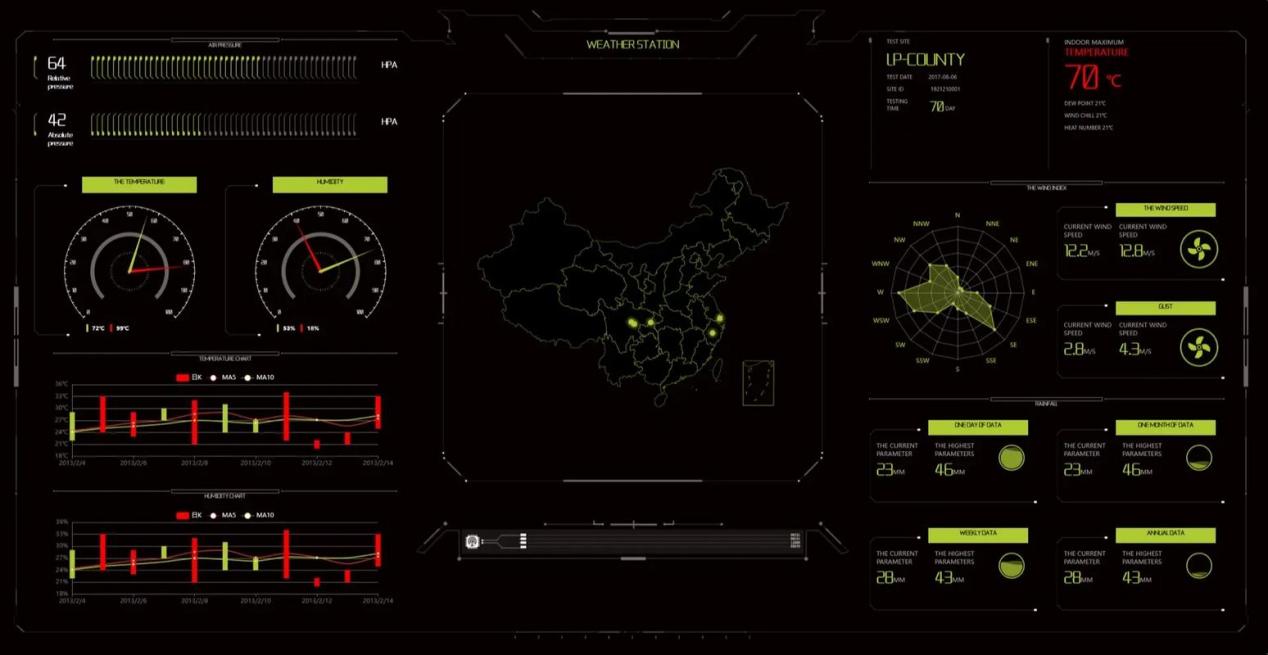The intersection of artificial intelligence and impact investing is generating a new paradigm of what experts term algorithmic altruism—sophisticated machine learning systems that optimize not only for financial returns but also for measurable social and environmental benefits. This emerging field represents a fundamental shift from traditional socially responsible investing, moving beyond simple exclusion-based screening to proactive impact optimization using advanced computational models. By analyzing vast datasets spanning environmental indicators, social metrics, and governance factors, these AI systems can identify investment opportunities that deliver competitive financial returns while generating verifiable positive impact at scale. The approach combines deep learning algorithms with impact measurement frameworks to create investment strategies that align capital with solutions to global challenges.
Modern impact AI platforms employ multi-objective optimization algorithms that balance financial returns against environmental, social, and governance (ESG) outcomes without requiring investors to sacrifice performance. These systems analyze real-time data from satellite imagery, social media sentiment, supply chain disclosures, and regulatory filings to assess companies' actual impact rather than relying on self-reported metrics. Researchers at the Cambridge Centre for Alternative Finance have developed models that can predict greenwashing with 92% accuracy by correlating corporate sustainability claims with observable environmental performance data. This capability is particularly valuable in impact investing, where verifying authentic social and environmental benefits has traditionally been challenging.

The technological infrastructure enabling algorithmic altruism includes natural language processing systems that analyze sustainability reports for substantive content rather than just keyword density, computer vision algorithms that monitor environmental compliance through geospatial analysis, and network theory applications that map supply chains for human rights violations. These systems don't merely screen out undesirable investments—they actively identify companies whose products and services generate measurable positive externalities. For example, AI systems can calculate the carbon reduction potential of clean technology firms or quantify the healthcare access improvements created by medical innovation companies, assigning precise impact valuations that inform investment decisions.
Impact measurement has been revolutionized through machine learning approaches that go beyond traditional ESG ratings. AI systems now employ causal inference models to attribute specific social and environmental outcomes to particular investments, addressing the longstanding challenge of impact attribution in diversified portfolios. The Global Impact Investing Network has partnered with several technology firms to develop standardized impact accounting systems that use AI to verify and quantify outcomes across different impact categories, creating comparable metrics that enable apples-to-apples comparisons across investment opportunities. This technological advancement is bringing rigor to impact measurement that was previously impossible at scale.

Implementation challenges include addressing algorithmic bias in impact assessment and ensuring that AI systems don't simply reinforce existing patterns of privilege and exclusion. Leading platforms are incorporating fairness constraints into their optimization algorithms and using diverse training datasets that represent global perspectives rather than just Western definitions of impact. There's also the challenge of impact washing in AI form—where companies might optimize for easily measurable metrics while neglecting harder-to-quantify but equally important social benefits. The most sophisticated systems address this by employing multi-dimensional impact assessment frameworks that balance quantitative and qualitative measures.
The democratization of impact investing through AI is perhaps its most significant social benefit. Robo-advisors with impact optimization capabilities are making socially conscious investing accessible to retail investors who previously lacked the resources to analyze impact opportunities. These platforms can construct personalized impact portfolios based on individual values—whether someone prioritizes climate action, racial equity, or global health—while maintaining diversification and risk management. This technological accessibility is channeling billions of additional dollars toward addressing social and environmental challenges while providing competitive returns to investors who want their money to align with their values.

As algorithmic altruism matures, it's creating new opportunities for targeted impact interventions. AI systems can identify specific social or environmental problems where additional capital would generate the greatest marginal benefit, directing investment to areas of maximum need and effectiveness. This targeted approach represents an evolution from broad impact categories to precise impact engineering—using capital as a tool to solve specific, well-defined problems with measurable outcomes. The convergence of impact investing and artificial intelligence is thus creating not just new investment strategies but a new philosophy of capital allocation that views financial returns and social benefits as complementary rather than competing objectives.






